#11: AI tackling sexual harassment in the workplace - Eleanor Manley
Despite the advancements of the #MeToo movement, it seems we still have a long way to go when it comes to eradicating sexual harassment. Dependent on the type of incident recorded, half of women in the EU have experienced at least one form of sexual harassment. In the US, about 80% of women and 40% of men have faced harassment in their lifetime. Only around 10% of incidents get reported which indicates, people do not feel safe to do so.
In this episode, we speak to Eleanor Manley, co-founder of Metta Space, a B2B tech solution for workplace misconduct reporting and resolution. Passionate about data science and inclusion, she firmly believes that machine learning applications can have a broader, positive impact on gender equality and help create safer spaces for employees in the workplace.
Machine Learning as a preventative measure against workplace harassment
Natural Language Processing (NLP) promises to bring to light experiences of sexual harassment that tend to remain hidden and unspoken. The ability to detect instances of harassment in written messages requires large amounts of data, in order to understand the content and context of written language. Eleanor sheds light on the different data sources used to train the algorithm, as well as the importance of representing the various nuances of harassment.
“Sexual harassment is felt differently for each individual. We need to ensure that the data set is reflective and representative of that.”
Finding investment for an impact-driven social enterprise.
While Metta Space is predominantly impact-driven, communicating the economic value of eradicating sexual harassment in the workplace is key to attracting investors. According to research conducted by Deloitte, workplace harassment carries substantial costs to organisations, including absenteeism, loss of managerial time as well as employee turnover. Tackling this thus promises not only social good but economic benefit.

